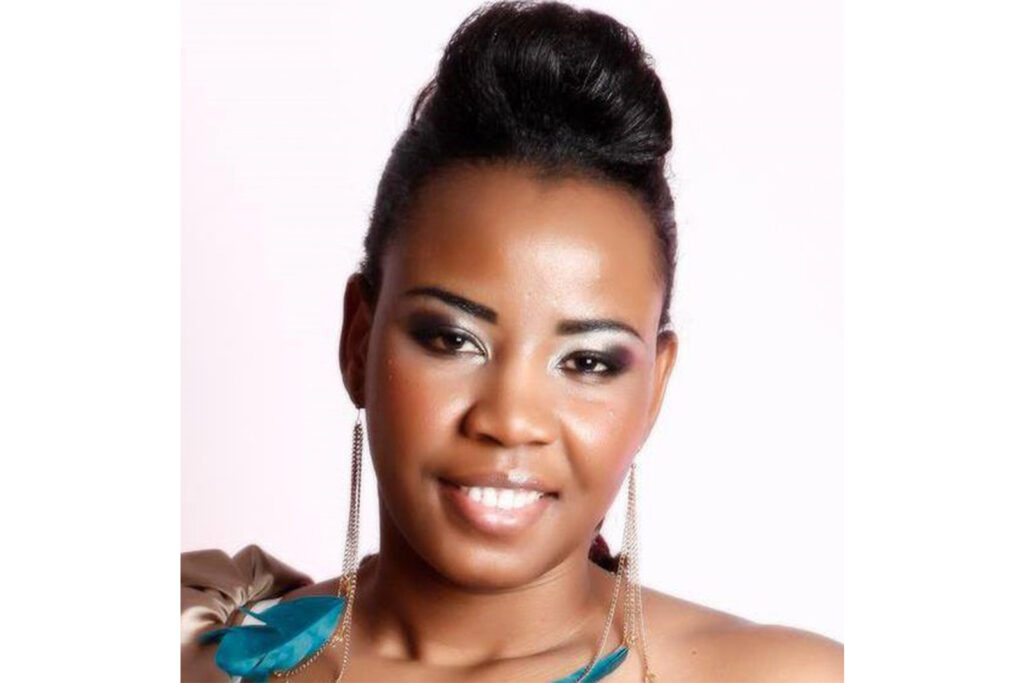Jennifer Kandjii‘s dissertation defence.
Abstract
This dissertation investigates how myriad actors, including the state, citizens, civil society, refugees, and the media, intersect to shape refugee experiences in urban centers in South Africa. Building on six months of ethnographic fieldwork, it focuses on refugee lived experiences in this context to determine the actors, their relations, processes, and factors that condition refugees’ everyday existence. This dissertation argues that we cannot understand refugee experiences in the urban context without attending to the relations among a multiplicity of actors, their interpretations of social phenomena related to refugees, and the meanings that emanate from these different actors as they forge to condition the day-to-day living of refugees. Furthermore, it argues that situating refugees’ everyday lives as the object of the study reveals how exclusionary practices are constructed, enacted, tolerated, reinforced, and challenged in contingent moments. In this mundanity where daily life is constituted and experienced, we see how collectives of various actors, imbued with multiple rationalities and enacting distinct yet intersecting processes, induce outcomes greater than the sum of their individual parts. Indeed, when refugees manage to escape the gaze of the state, they fall prey to that of citizens—whose aggressive actions are tolerated and emboldened by the state. Furthermore, the media mediates these state-citizen, citizen-refugee, and refugee-state connections, framing them and the attendant discourses that form social attitudes. The convergence of all these actors’ interests, perspectives, actions, and processes has devastating consequences for refugees’ everyday acts of shopping, walking, studying, or simply living. Notwithstanding these compounding acts of exclusion from access to rights, services such as healthcare and education, and physical space, refugees expose herculean acts of agency and resistance when navigating local and national refugee regimes and traversing everyday space. These heroic ways of being include strategies to claim asylum, obtain refugee status and documentation, secure economic and other resources, negotiate social services, escape police and citizen brutality, and avoid expulsion. By expulsion, I mean the multiple ways that myriad actors seek to force out refugees from territorial geography. These include, but are not limited to, deportation by the government, violent xenophobic force by locals, and institutional extra-legal processes for determining refugee status.
This dissertation combines assemblage thinking and critical citizenship and migration scholarship concepts of citizenship, space, and borders to analyze the experiences of people who are pushed to the edges of society and live in constant fear of violence and spatial expulsion. It contributes to critical citizenship and migration scholarship in three ways. First, it demonstrates that conditions of uncertainty, precarity, and vulnerability result from the confluence of multiple actors who enact processes that reinforce each other in cyclical ways, rather than just being a product of institutional actors (such as the state). This means that refugees and other non-citizens are made to seem like “immanent others” not only by the state but also by ordinary citizens and the media. In what I call “assembling refugee exclusion,” I show how a collective of actors portray refugees as burdens and threats—individuals who are undeserving of rights but should be exorcised from the nation’s imagination and physical location—regardless of their legal status and formal documentation. Assembling refugee exclusion reveals how the confluence of multiple actors, as opposed to a single actor, induces overburdening pressure on the wellbeing of refugees, resulting in more negative health and socioeconomic effects.
Second, it exposes how nation-building and identity formation, constructed at the expense of individuals on the fringe of society, such as refugees and excluded others, can be more than acts of state practice. State and non-state actors unite behind citizenship ideas to exclude and expel the imagined other. Thus, refugees’ identity and physical presence in urban areas are inextricably tied to nation-building, belonging, citizenship, and entitlement to rights and services. By jettisoning refugee protection under national and international refugee law, the state panders to citizens’ exclusionary interests and discriminatory feelings to foster collective national identity and pride. Simultaneously, with collective values regarding citizenship, I argue that non-state actors are emboldened to use language to distinguish themselves from the other, establishing hierarchical relationships and moral categories that lead to modes of bordering action and xenophobic violence against the other. Furthermore, this form of exclusionary language is reinforced through media discourse and public communication creating a continuous loop of difference. While this qualitative case study uncovers a slew of discrimination against refugees stemming from the attitudes of multiple actors accumulating in everyday space, I find that exclusionary practices coexist with powerful forms of refugee agency that are both enabled and restricted in specific moments and spaces. Therefore, third and finally, the dissertation contributes to citizenship and migration scholarship by delving into how agency emerges from complex relationships of micro and macro politics, demonstrating how refugees leverage support from non-government organizations (NGOs), their communities, and allies not only to challenge exclusionary state discourses and actions but also to enact strategies and navigate spaces constructed and populated by a variety of relational actors. Overall, the dissertation asks us to consider how a myriad of actors, both state and non-state, and meanings derived from their perceptions and interpretations of citizenship, space, and borders intersect to shape the lived experiences of refugees. This question prompts policymakers, scholars, and practitioners to consider the implications of this convergence of players for refugee governance and refugee protection in the twenty-first century.
Supervisor: Dr. Suzan Ilcan
Committee Members: Dr. Jonathan Crush and Dr. Margaret Walton-Roberts
Internal/external Examinar: Dr. Cameron McCordic
External Examiner: Dr. Luin Goldring
There are limited spaces available to attend the defence. Email events@balsillieschool.ca if you would like to attend.

